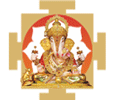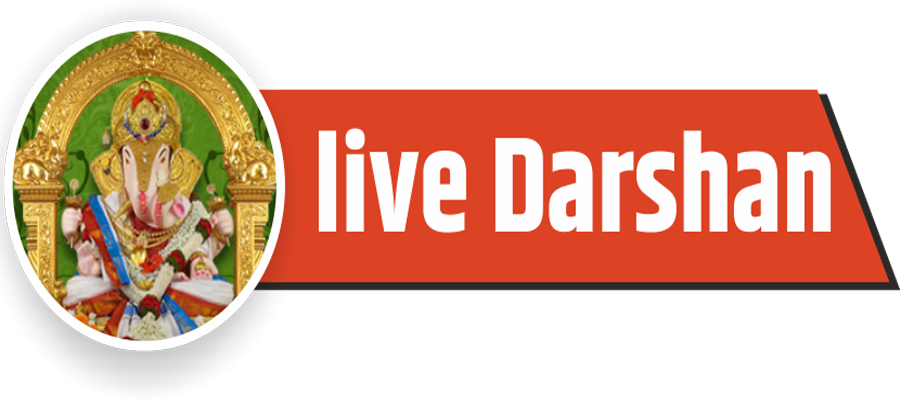-

- ABOUT US
- Deposit Scheme
- Loan Scheme
- Insurance
- Digital
- Services
- Gallery
- Download
- Acount Open
- Service
- Insurance
- Personal Accident Claim form
- Pradhan Mantri Jeevan Jyoti Bima Yojana
- Rules For Pradhan Mantri Jeevan Jyoti Bima Yojana
- Pradhan Mantri Suraksha Bima Yojana Claim
- Pradhan Mantri Suraksha Bima Yojana Discharge Voucher
- FAQs on Pradhan Mantri Suraksha Bima Yojana
- Pradhan Mantri Suraksha Bima Yojana(PMSBY) Claim Procedure
- Rules For Pradhan Mantri Suraksha Bima Yojana
- Nomination Form
- ReKyc Form
- Post Dated Cheque Acknowledgement Letter
- Unclaimed Deposit Accounts Claim
- Get In Touch
- cyber security
- Complaint






 Q:What do you do when you need to transfer money to somebody else’s account?
Q:What do you do when you need to transfer money to somebody else’s account?